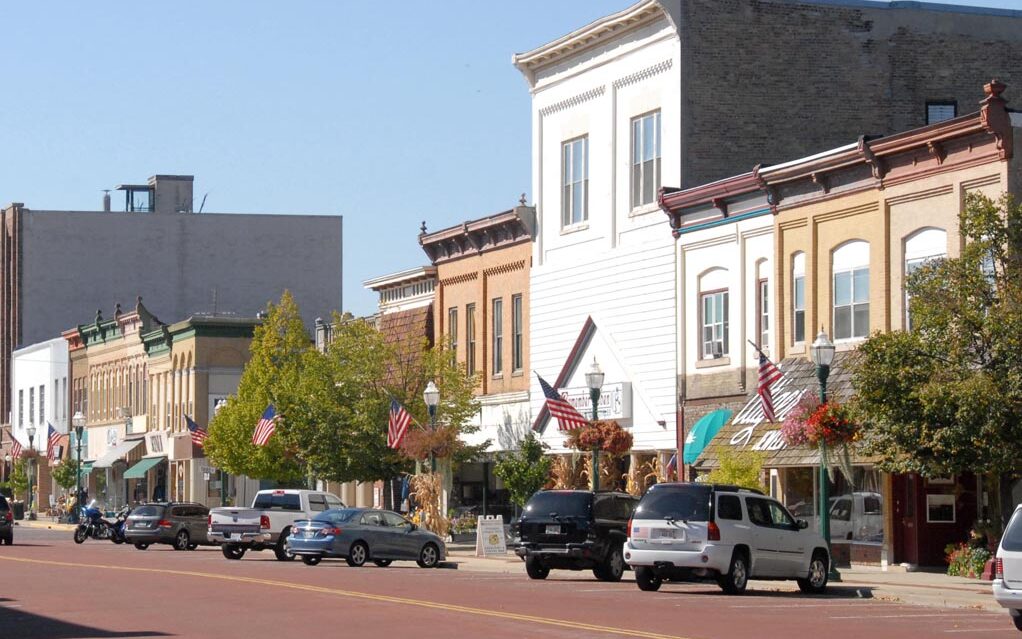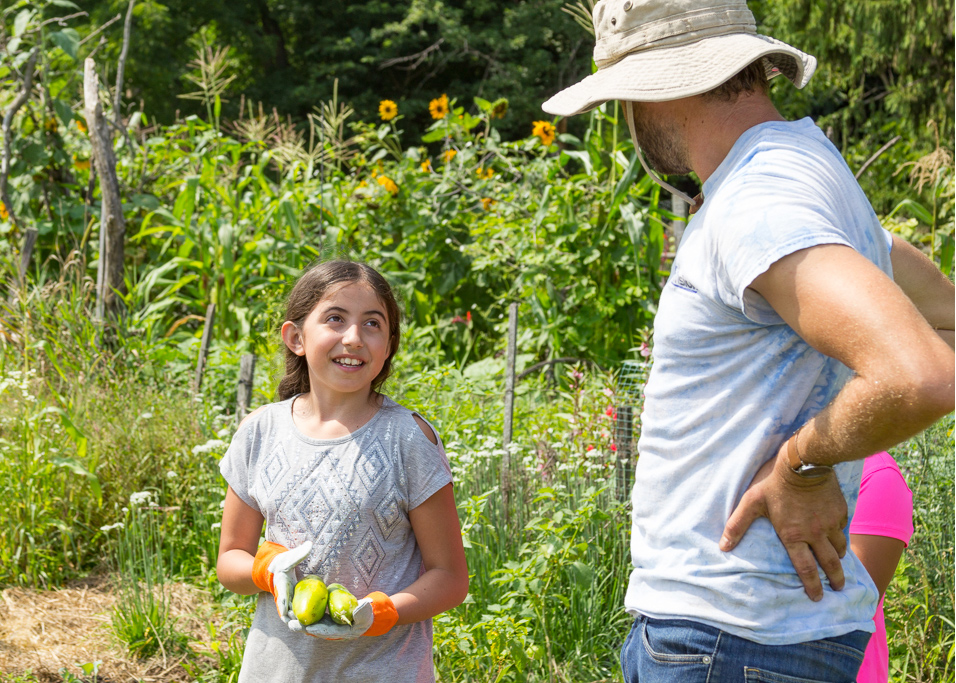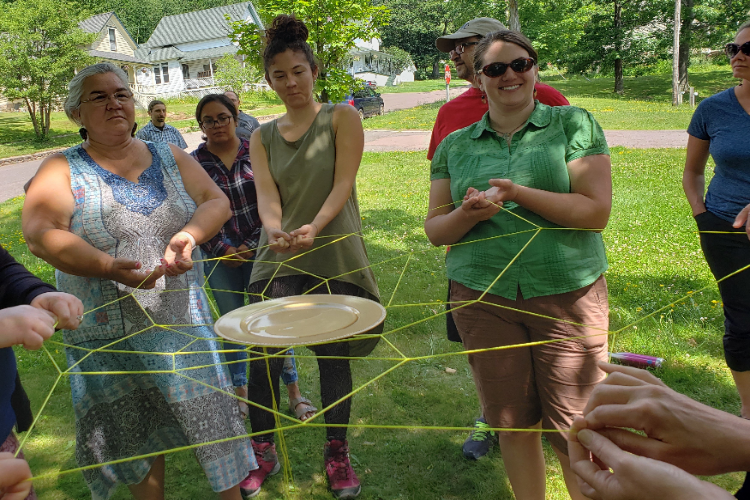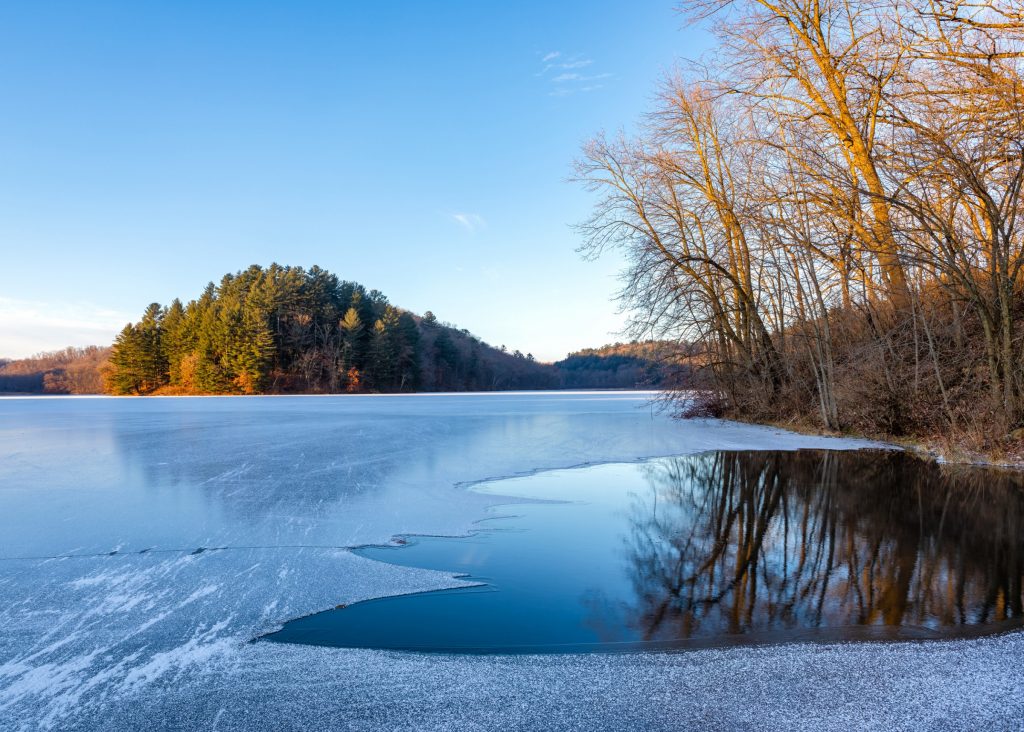
Helping Wisconsin Respond to a Changing Climate
What changes are we noticing in Wisconsin's weather and climate?
Since 1950, annual temperatures in Wisconsin have gone up by 3-5°F, with winter being the season that has warmed the most. Over this same time period, Wisconsin has also experienced an increase in annual precipitation, particularly in southern and central counties. There has also been a shift in heavy precipitation, with an increase in the frequency and amount of rain received during heavy rainfall events. Extreme heat events have not shown a trend in Wisconsin over the past several decades, however there has been an increase in summertime overnight temperatures.
Want to learn more?
The Wisconsin State Climatology Office offers recent and historical climate data for the state, along with educational materials and specialized climate information.
Climate scientists at the Wisconsin Initiative on Climate Change Impacts (WICCI) have created maps that show county-level historical changes in Wisconsin’s climate.
How could climate change affect me and my community?
Future projections of climate in Wisconsin by mid-century (2041-2060) indicate similar trends to what has been observed in recent decades, including increasing temperatures, warmer and wetter winters, and an increase in heavy rainfall events. Climate models also indicate an increase in extreme heat events (days over 90°F or 100°F). These changes in climate affect everyone, but the impacts vary across communities and industries. Some communities may have limited resources to respond to events like floods and extreme heat events. Therefore, we highly encourage you to check out the programs and resources for climate adaptation linked below, and to connect with Extension experts who can help answer your questions.
Want to learn more?
Climate scientists at the Wisconsin Initiative on Climate Change Impacts (WICCI) have created maps that show projected changes in Wisconsin’s climate by mid-century (2041-2060).
The 2021 WICCI report explains the issues and impacts of our warming climate on Wisconsin residents and describes the scientific progress made toward solutions. There are also sector-specific impact summaries and recommended adaptation strategies.
Where can I find more information?

For general climate questions and information needs, please contact Josh Bendorf – Climate Outreach Specialist, Wisconsin State Climatology Office & UW Division of Extension.
To connect with sector-specific climate experts from the Division of Extension, please visit the sector-specific pages linked below.
Climate change offers opportunities to strengthen community resiliency.
Explore these University of Wisconsin-Extension programs and resources for climate change adaptation, and find Extension experts who can help guide you on your adaptation journey!
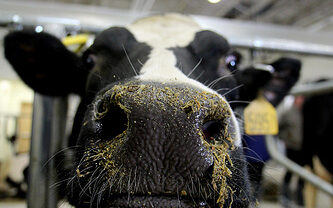
Highlights
- In-season decision support tools
- Reports & assessments
- Adaptation planning tools
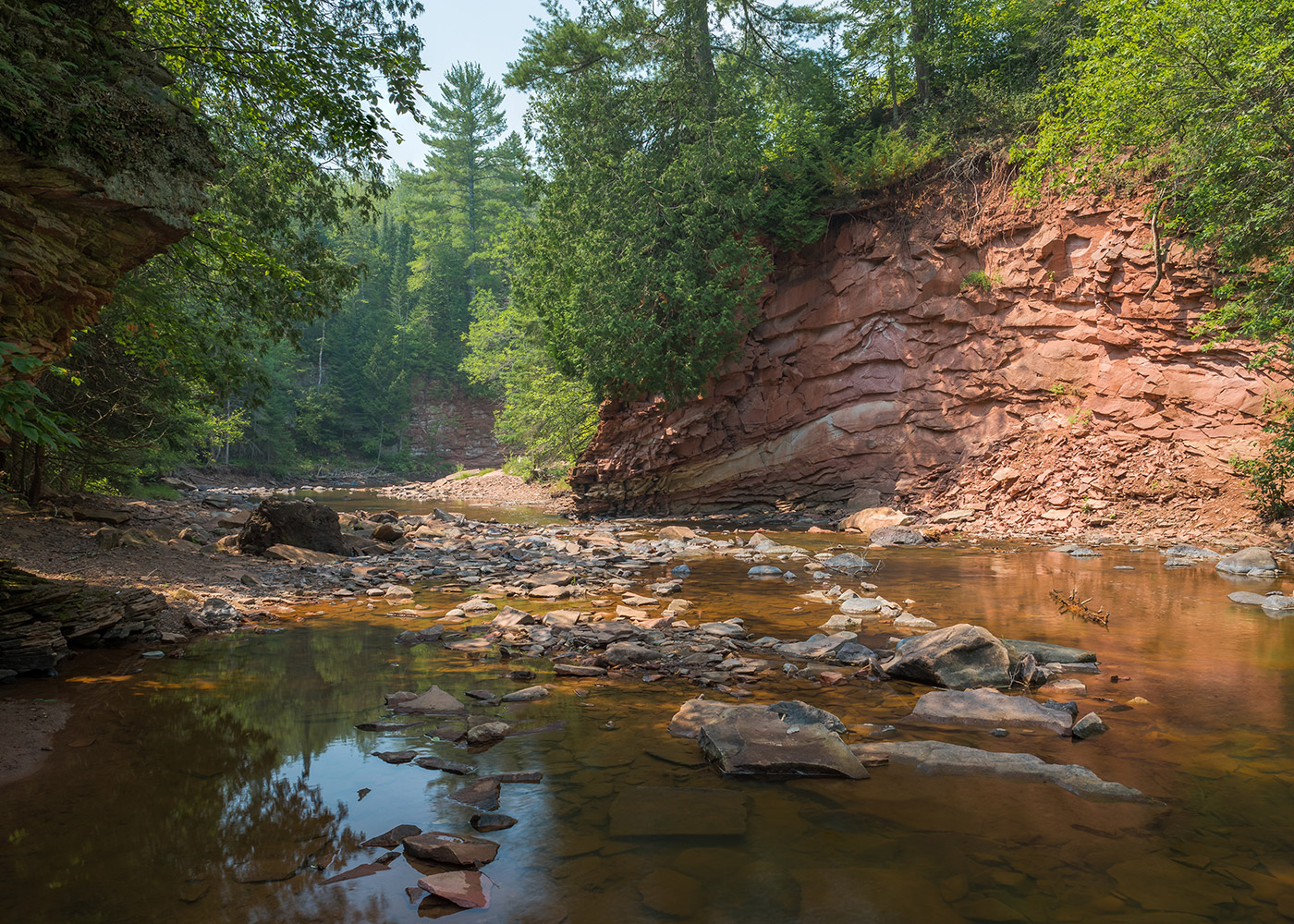
Highlights
- Ganaweninidiwag: Working with plant relatives
- Sugar Bush Adaptations
- Forestry & Climate
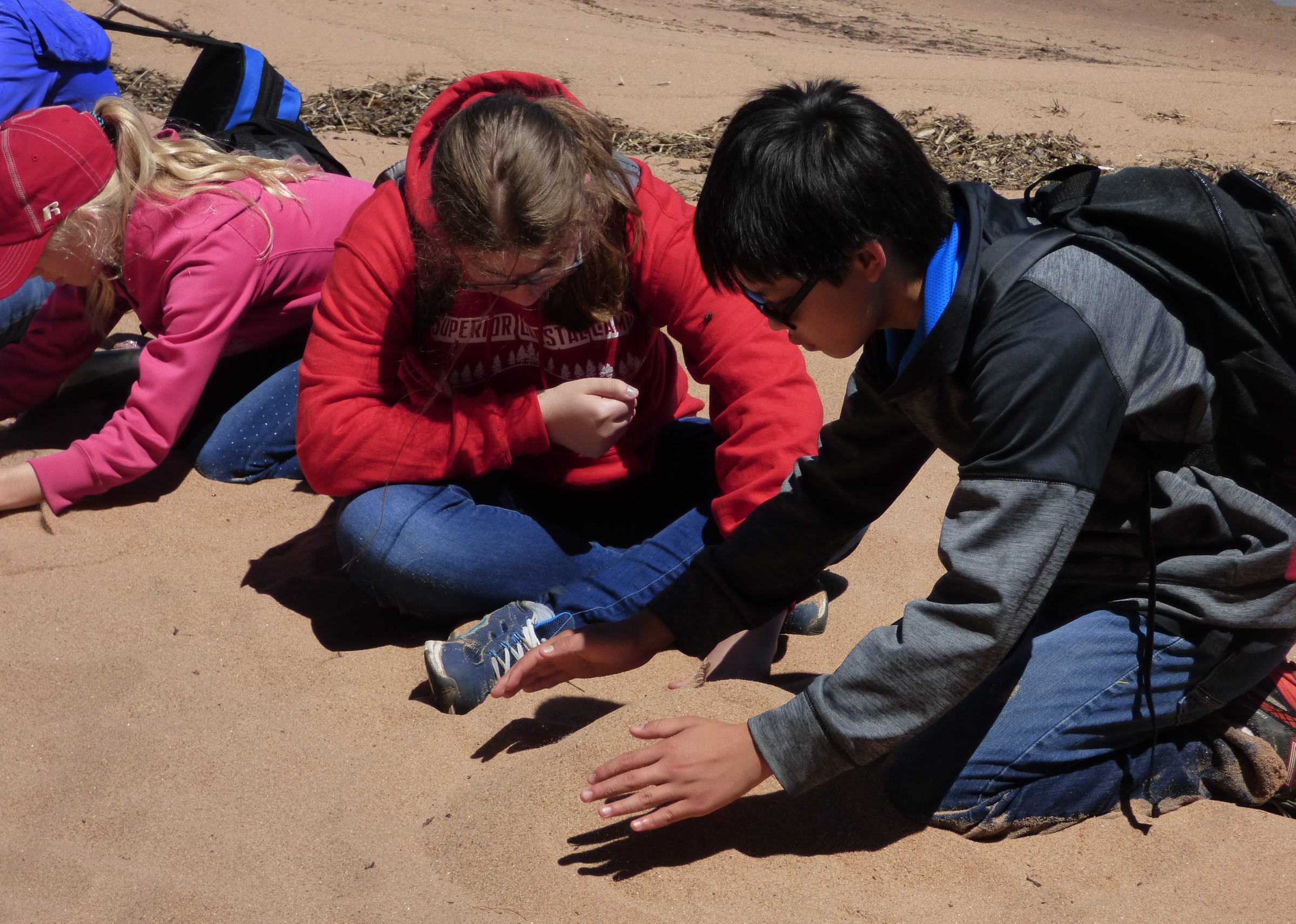
Highlights
- 4H Sustainability Action
- Resources for Teachers
- Wisconsin Climate Education Hub

Need help finding something?
Climate change cuts across topic areas. Click on the links below to navigate to the Wisconsin Climate Connections page where you can find more resources about these cross cutting topics:

